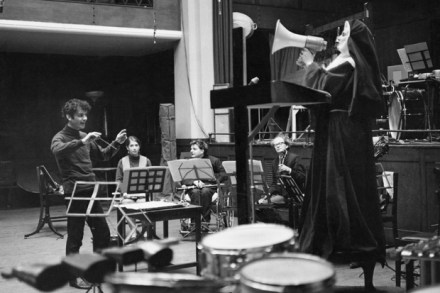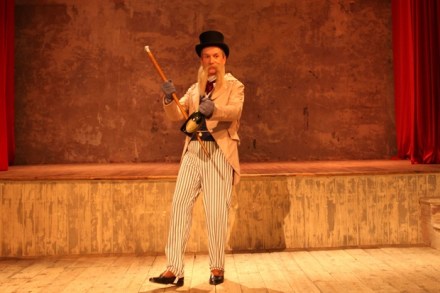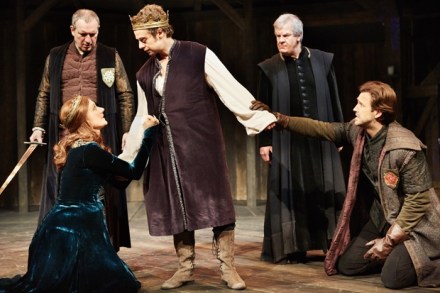Your problems solved | 21 April 2016
Q. A friend of mine’s husband is in his nineties. They are a delightful couple but the husband has started refusing to wear his hearing aids. As a consequence his loving wife has to shout at him to get him to do what she wants — which is only ever something that is to his own advantage, for example go for a short walk in the garden, or go to the television room where there is something on in which he will be interested. In order to achieve a result she has to bawl her lungs out. This is exhausting for her. How can one persuade a recalcitrant old boy



















